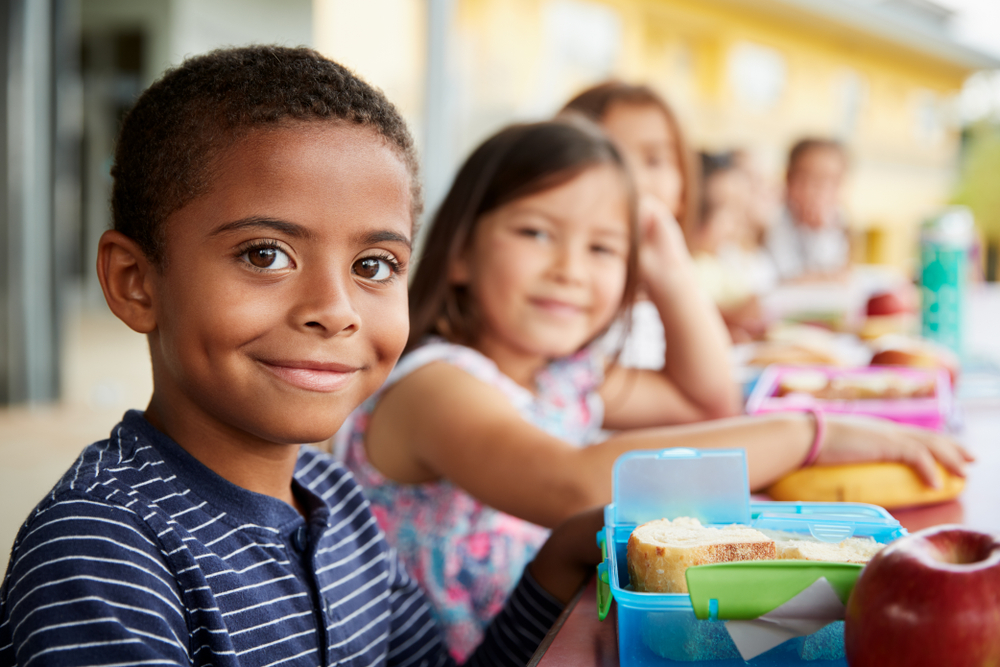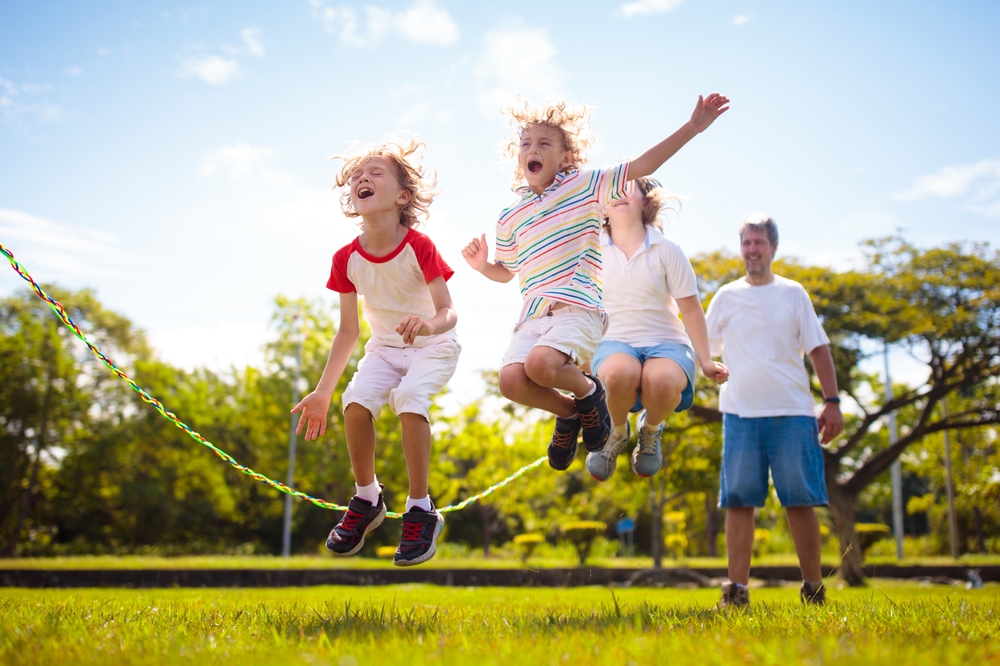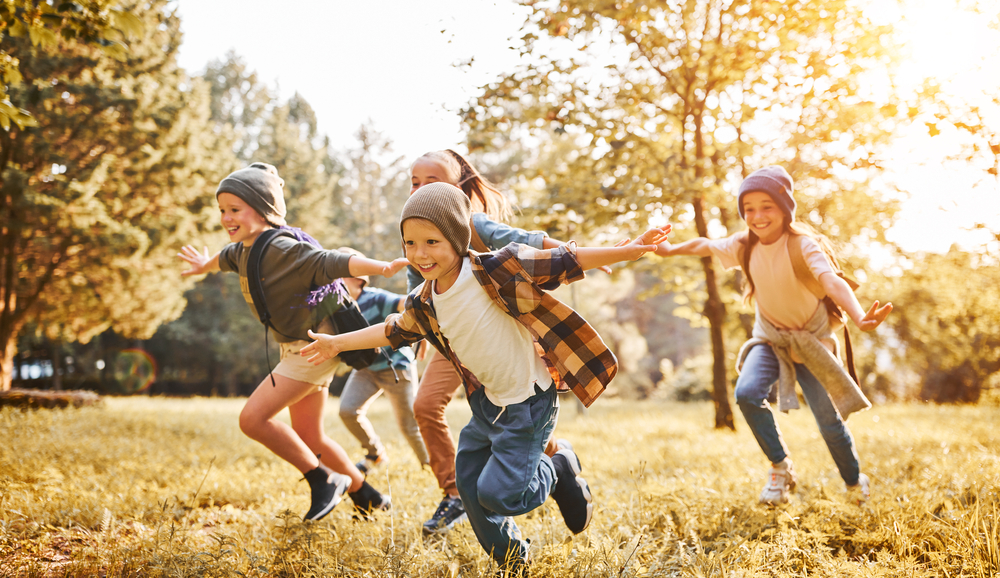School trips offer a unique and educational opportunity for young minds to explore and learn outside the confines of the classroom. By stepping into new environments, students can engage with the world around them in a hands-on manner, making learning vivid and memorable. Such trips are not only about academic learning; they also play a crucial role in personal development.
Students learn to work as part of a team, develop social skills, and gain a sense of independence. Facing
new challenges and environments encourages adaptability and problem-solving. These are invaluable life skills that contribute to a child’s growth into a well-rounded individual, prepared to meet the world with confidence and curiosity.
The Criteria for an Engaging and Educational Experience
Choosing the right destination for your school trip is crucial to ensure that the experience is both educational and captivating for students. Consider locations that align with your curriculum, offering direct insight into the subjects being taught. Whether it’s history, geography, science, or art, the destination should serve as an extension of the classroom, providing tangible examples that reinforce learning objectives.

The destination must be appropriate for the age group, with suitable facilities and safety measures in place. Accessibility is also key, ensuring all students can participate regardless of physical ability. By carefully considering these factors, you can select a location that not only enriches the educational journey but also leaves a lasting impression on young minds, sparking curiosity and a love for learning.
Unlocking Team Building and Personal Growth
Primary school residential trips offer more than just a break from the traditional classroom setting. These trips provide a unique environment for children to develop social skills, independence, and self- confidence. Immersed in a setting away from home, students learn to cooperate with peers, face new
challenges together, and build strong bonds through shared experiences.
Such experiences are particularly beneficial in building team spirit and personal growth. Residential trips
give students the chance to participate in activities that challenge them physically and mentally, promoting resilience and problem-solving skills. By living and learning together, students come away with not only educational insights but also life-long memories and friendships.
Feedback and Reflection
Gathering feedback after a school trip is a valuable step in enhancing future experiences. Encouraging students and teachers to share their thoughts and reflections helps identify what worked well and what could be improved. This process allows for a collaborative approach to planning, ensuring that each trip is more tailored and beneficial than the last. By actively listening to feedback, you can make adjustments that directly address the needs and interests of your students, enriching their learning and enjoyment.

Reflecting on these experiences provides an opportunity for students to consolidate their learning and recognise their personal growth. It encourages them to articulate what they have gained from the trip, both academically and personally.
This reflection is not only crucial for cognitive processing but also for emotional development, as it helps students appreciate their achievements and challenges overcome. School trips are a fundamental part of education, offering students the chance to explore, learn, and grow in unique settings outside the classroom. These experiences not only complement academic learning but also contribute significantly to personal development.
Ultimately, the aim is to enrich the educational journey, making each outing an invaluable experience that students will cherish for years to come.





